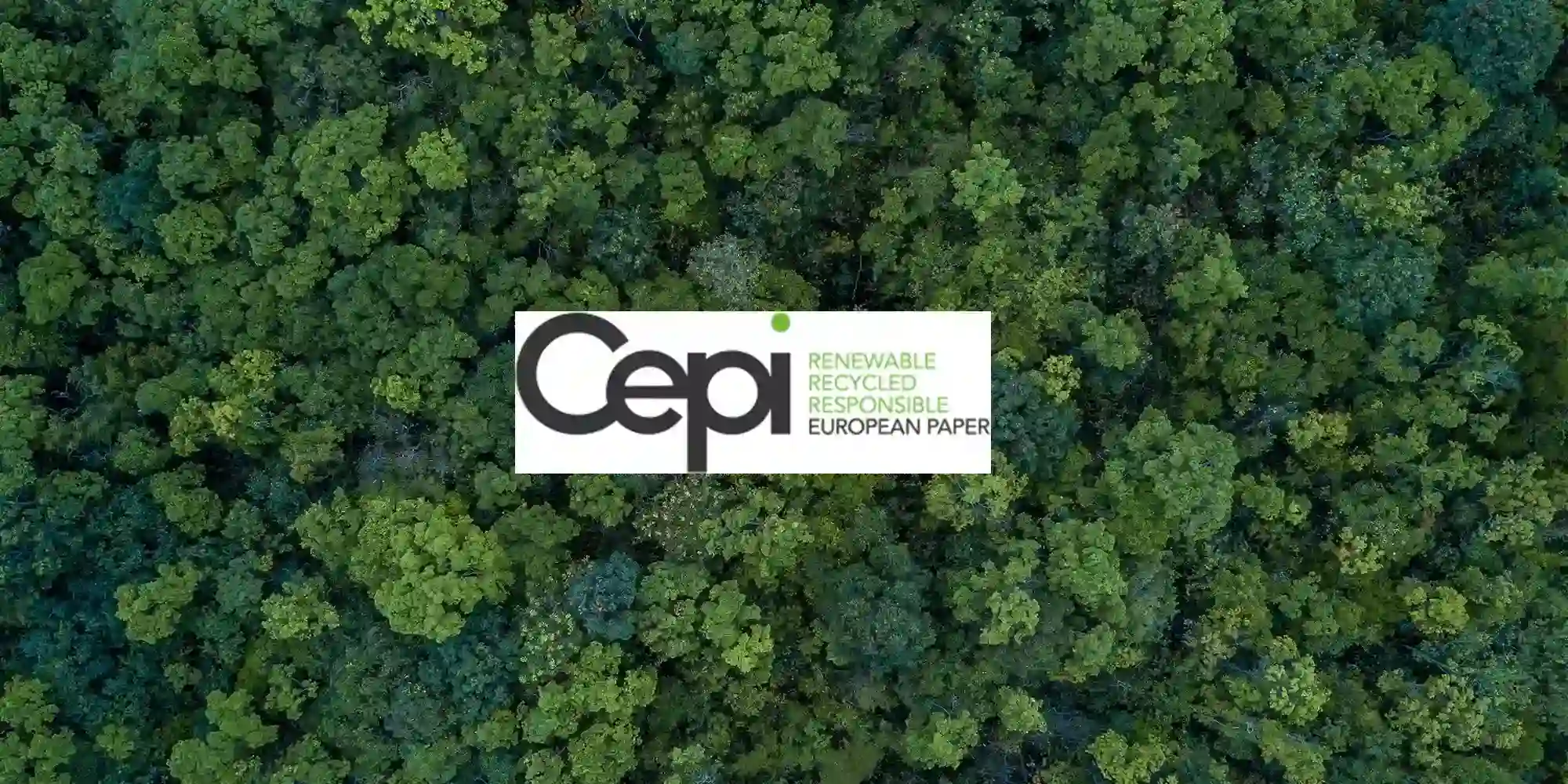New study on impacts of EU packaging regulation shows a blanket approach on re-use may have unintended consequences: higher CO2 emissions & costs
Brussels, 6 April 2023
According to a press release issued by Cepi, a new in-depth study, merging data from various sources, finds that imposing strict reusable packaging targets by 2030 will severely impact the EU’s climate footprint, as well as consumers’ budgets. This is on the back of the European Union looking to adopt the Packaging and Packaging Waste Regulation (PPWR),
The new research reviews several existing studies on packaging and draws on two separate model scenarios, one for food takeaway in Belgium and one for e-commerce packaging in Germany. These use-cases were selected to compare the impacts of paper-based packaging as used today, with those of reusable plastic packaging, if 2030 reuse targets foreseen in the PPWR were applied. The resulting study offers an analysis of environmental impacts, economic effects, and societal implications.
It concludes that reusable solutions would yield higher CO2 emissions than paper and board – up to 160% more carbon dioxide released into the atmosphere for food takeaway and up to 40% for e-commerce, as per the findings of a McKinsey article, also published today and one of the sources of the research.
Paper and board have become a mainstream form of sustainable and recyclable packaging. This is thanks to the combined effects of decades of investment in recycling, design for circularity and, more recently, to legislation on plastic pollution. Because of the investments that would be necessary to develop a wholly new packaging model, and of its high operating costs, more reusable packaging would imply higher costs overall. These costs, the report finds, would be mostly passed on to consumers.
It is mainly transport that, under the scenarios foreseen in the study, would be the driver for both CO2 emissions and costs. Reusable packaging needs to be transported back to the producer after delivery or purchase. This is not the case for recycling, which takes place nearer to the consumer, not the original production place.
Still, the report’s assumptions for reusable plastic packaging represent a best-case scenario, assuming for example that plastic recycling will experience a rapid development in the future or that plastic packaging will be reused many more times than is currently the case.
Download the report’s short explainer: Assessing the impact of PPWR’s reuse targets.
Download the full report: Impact Assessment of reuse targets in the proposed PPWR.
Quotes by Jori Ringman, Director General Cepi, Confederation of European Paper Industries
“Done right, reuse and recycling could be complementary solutions to achieving higher circularity. What EU legislation currently says is that a decision to go for one solution or the other should be based on justified reasons of, inter alia, technical feasibility, economic viability and environmental protection. This cannot be decided by an EU-wide blanket decision as proposed by the European Commission, but has to be done case-by-case, while preference should be given to options that deliver the best overall environmental outcome.”
“With this new report, we are bringing forth an overview of what the science says about reusable, fossil-based packaging and recyclable, fibre-based one, and their respective impacts on climate and the environment in two well-researched cases. The results illustrate that sweeping reusable packaging targets simply do not comply with an approach based on proof of environmental benefit.”
About Cepi :
Cepi is the European association representing the paper industry. We offer a wide range of renewable and recyclable wood-based fibre solutions to EU citizens: from packaging to textile, hygiene and tissue products, printing and graphic papers as well as speciality papers, but also bio-chemicals for food and pharmaceuticals, bio-composites and bioenergy. We are a responsible industry: 85% of our raw materials are sourced from within the European Union, 92% of the water we use is returned in good condition to the environment. We are the world champion in recycling at the rate of 71.4%. At the forefront of the decarbonisation and industrial transformation of our economy, we embrace digitalisation and bring 21 billion value addition to the European economy and €4.5 billion investments annually. Through its 18 national associations, Cepi gathers 490 companies operating 885 mills across Europe and directly employing more than 179,000 people.




